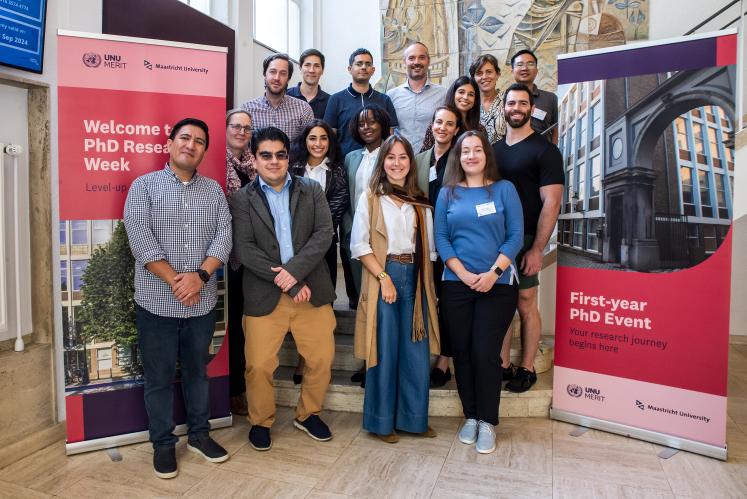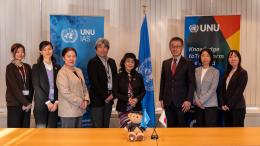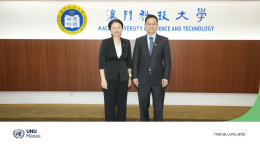As 2024 draws to a close, UNU-MERIT reflects on a year of impact, collaboration, and innovation. This blog offers an incomplete yet comprehensive snapshot of UNU-MERIT's diverse activities across research, education, and capacity development. This year, we continued to address pressing global issues through evidence-based research, high-quality education, and active partnerships, advancing our commitment to sustainable development and supporting the mission of the United Nations.
Education
In May, UNU-MERIT and the World Intellectual Property Organization (WIPO) signed a Memorandum of Understanding for academic collaboration, formalising their agreement to cooperate on research and education, and to co-create the Governance of Innovation specialisation of our Master of Public Policy and Human Development programme. This collaboration has enabled the exchange of knowledge and expertise, not only benefitting the students and faculty involved but also resulting in far-reaching impact on global efforts to harness the potential of innovation for sustainable development.
On 18-22 March, our PhD Office held the annual Research Week event: a dedicated space for all of our PhD fellows to come together, gain constructive feedback from their supervisors, peers and other academics, and immerse themselves in the development of their research work. Our PhD programme counts more than 100 fellows altogether, and adding to this number our PhD supervisors, other research staff and interested students from our master’s programme, these PhD events reach a scale at which they start to function as a dynamic networking hub! This year’s edition was yet again a great success. Indeed, a group of our dual career (part-time) PhD fellows wrote a blog piece celebrating two years of their PhD journey and sharing how much the Research Week event helps them to feel part of the UNU-MERIT community.
In July, UNU-MERIT proudly held the second edition of its Economic Fitness and Complexity Summer School, co-organised with the Enrico Fermi Research Centre in Rome. Designed for PhD students and early career researchers, this course was an extensive introduction to the economic complexity framework with theoretical and practical classes, presentations of state-of-the-art applications of economic complexity methods in different areas of social sciences, and hands-on projects in peer groups. Keep an eye out for the third edition, expected summer 2025!
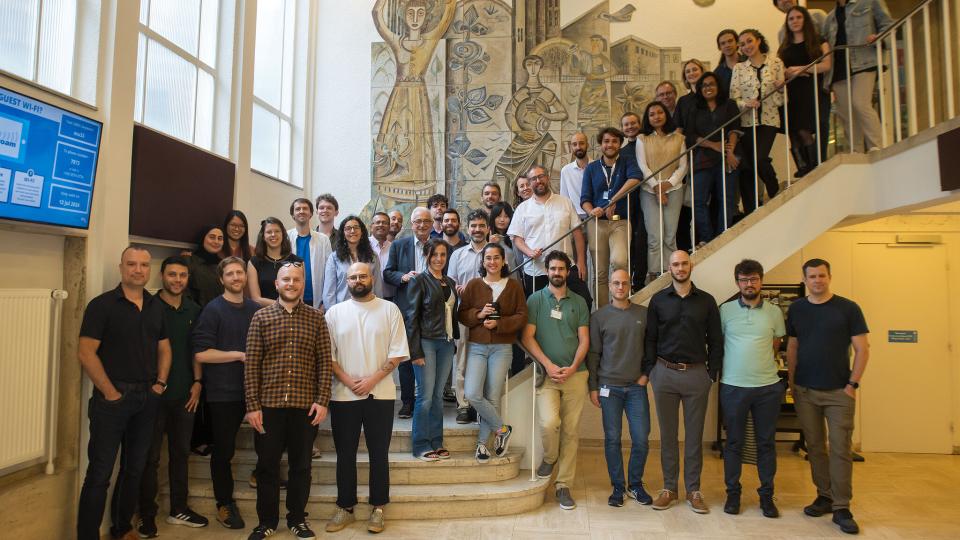
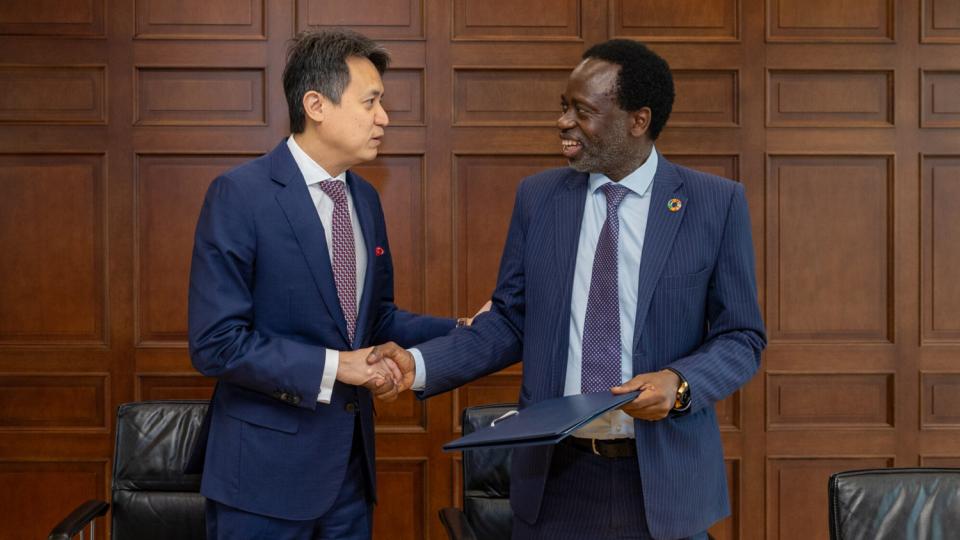
Research
On 19-20 February, UNU-MERIT hosted the final symposium of CatChain ('Catching–up along the global value chain: models, determinants and policy implications in the era of the fourth industrial revolution'), a major four-year EU-funded research project which many of our staff were involved in. Over the four years, UNU-MERIT hosted 20 researchers on secondments from project partner institutions, with Dr. Micheline Goedhuys and Dr. Rasmus Lema leading the activities. Furthermore, the project enabled 23 PhD fellows and researchers from UNU-MERIT to deepen their research experiences at five different partner research institutions around the world.
On 23 September, UNU-MERIT held the annual MACIMIDE Work Conference, bringing together researchers from various Maastricht University faculties working on citizenship, migration and development. Alongside five thematic panel sessions, the conference organisers were honoured to host Professor and MEP Tineke Strik, who gave a keynote speech on the challenges and opportunities of the EU's new Pact on Migration and Asylum.
In 2024, UNU-MERIT’s Social Protection team collaborated extensively with multiple UN agencies, including the World Food Programme, UNICEF and UNDP, addressing critical challenges in social protection and humanitarian systems worldwide. This collaborative approach reflected UNU-MERIT’s commitment to bridging research and practice, providing evidence-based insights to support vulnerable populations.
In a poignant article, social protection researcher Alex Hunns reflected on his field experiences and the findings of the UN Global Humanitarian Overview 2025. He highlighted the escalating pressures on the global humanitarian system and the urgent need for multilateral cooperation to uphold human dignity and resilience in crisis settings. Alex’s work exemplifies how UNU-MERIT contributes to shaping more effective, inclusive, and sustainable humanitarian strategies.
Dr. Sanae Okamoto represented UNU-MERIT at COP29 in Azerbaijan last month, contributing to pivotal discussions on climate action. She highlighted the role of innovative ecosystems in rural areas through the InnovationGUIDE project at the Türkiye delegation pavilion and emphasized policy coherence for climate and SDGs at a UN System high-level side event. Her participation underscored the importance of integrated approaches to sustainability and resilience.
In October, UNU-MERIT proudly celebrated the recognition of eight of its researchers as being among the world’s top 2% most-cited scientists, according to the Stanford University / Elsevier ranking. Professorial fellows René Kemp, Bart Verspagen, Wim Groot, René Belderbos, and Robin Cowan were acknowledged in the career-long category, showcasing the lasting impact of their work.
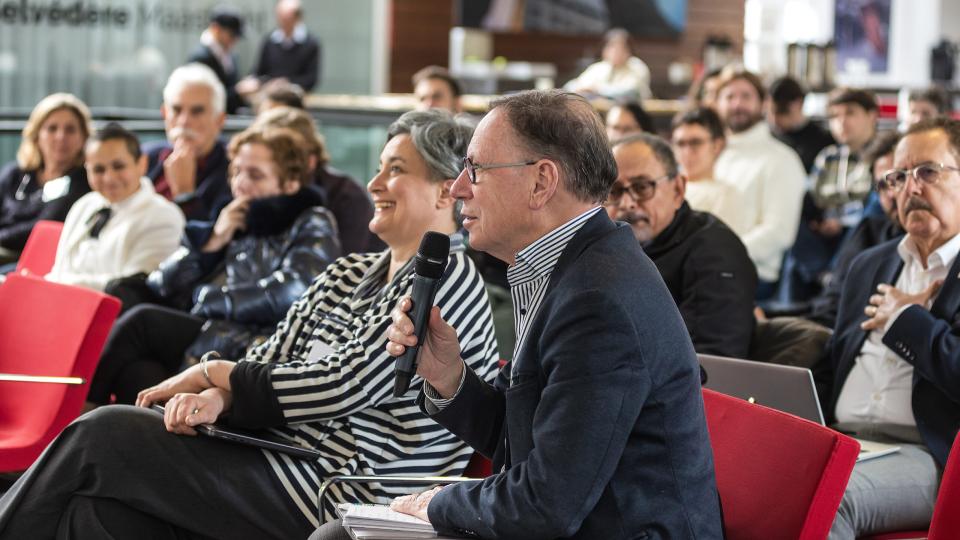
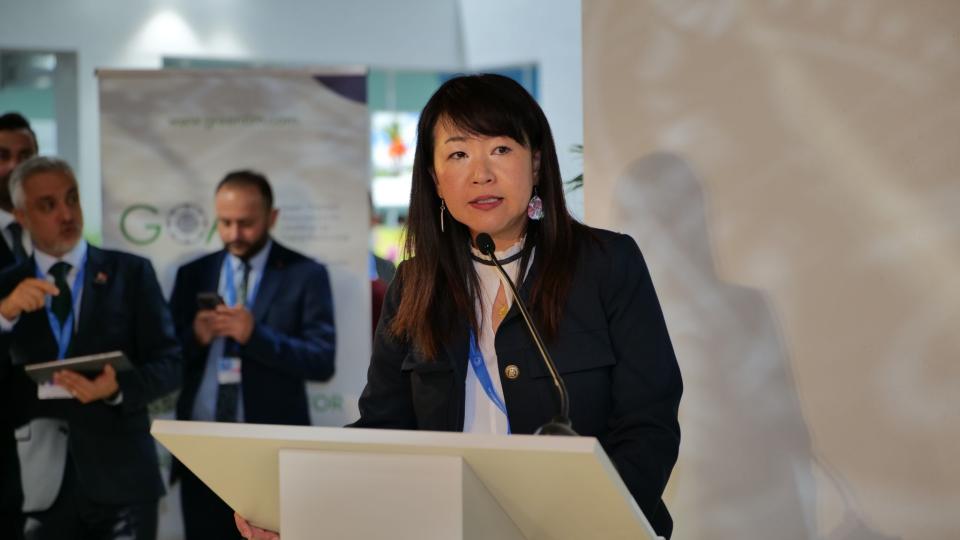
Capacity Development
In July, UNU-MERIT hosted the inaugural International Telecommunication Union (ITU) Academy summer school, Catalysing the Digital Future: Digital Transformation for Sustainability. This five-day programme, designed under the academic leadership of Dr. Lili Wang, attracted participants from 19 countries, including Uganda, the Maldives, Kyrgyzstan, and Jordan.
The event was part of UNU-MERIT’s ongoing partnership with the ITU Academy, which was formalised when we became an ITU Academy Training Centre two years ago. In addition to this landmark summer school, UNU-MERIT researchers also delivered expert-led courses on topics such as the digital divide and digital transformation.
Our researcher Praachi Kumar taught the online ITU Academy course 'Causes and consequences of the digital divide' and wrote an article for our website on the topic, describing the implications of the UN’s Global Digital Compact.
UNESCO Chair
UNU-MERIT’s UNESCO Chair on Science, Technology, and Innovation for Sustainable Development in Latin America has wrapped up another impactful year, as highlighted in its 2023-2024 Annual Report. The report celebrates the Chair’s significant achievements and its vital contributions across the region, driving forward the pursuit of innovation and sustainable development.
In 2024, our UNESCO Chair continued to play a pivotal role in fostering dialogue and collaboration across Latin America and the Caribbean. Highlights included a keynote address and advisory support at the Ministerial Regional Policy Dialogue for Central America in Panama, co-organized with the IDB and the Government of Panama; contributions to the Science, Technology, and Innovation Week in the Dominican Republic in partnership with LALICS and the Instituto Tecnológico de Santo Domingo; and the organization of two research panels at the Latin American and Caribbean Open Science Forum (Foro CILAC) in San Andrés, Colombia, in collaboration with UNESCO. These activities exemplify the Chair's commitment to advancing science, technology, and innovation for sustainable development in the region.
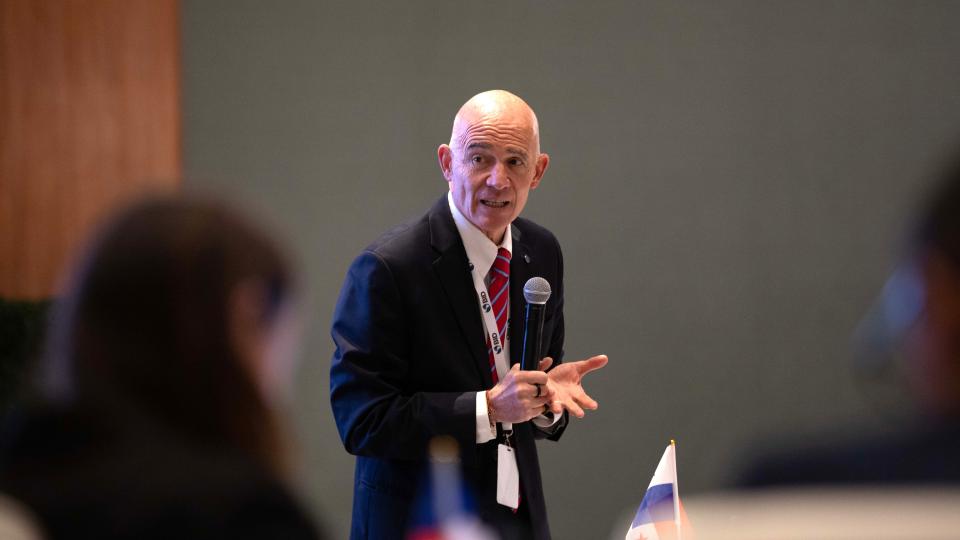
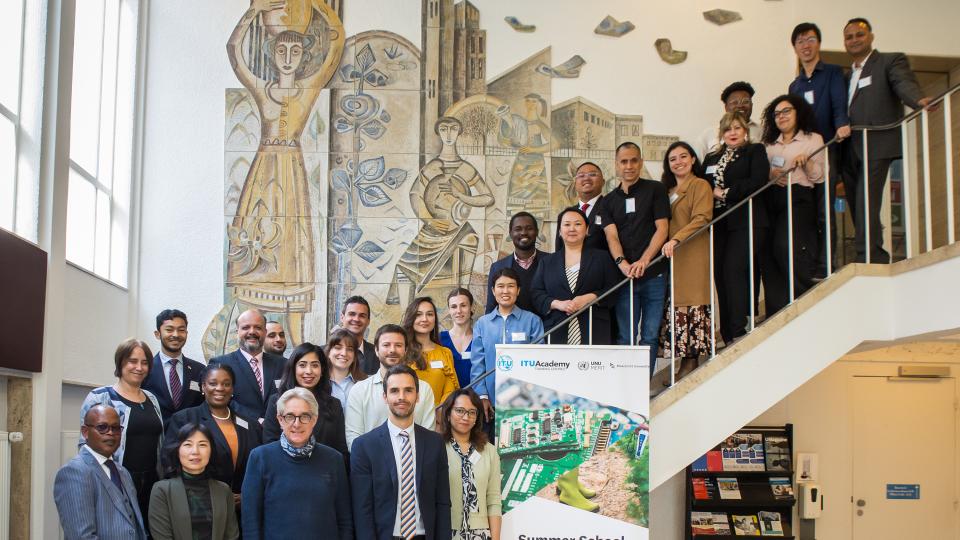
This overview captures just a glimpse of the incredible work undertaken by UNU-MERIT in 2024. Throughout the year, we remained steadfast in our mission to produce evidence-based, policy-oriented research while equipping both future and current policymakers with the skills they need to address global challenges. As the year concludes, UNU-MERIT reflects with pride on our accomplishments and looks ahead with renewed vigor, ready to contribute meaningfully to advancing the Sustainable Development Goals in the years to come.
Follow our social media channels (LinkedIn, Bluesky, X, Facebook and Instagram) and keep an eye on our news page to see what's in store for 2025.

